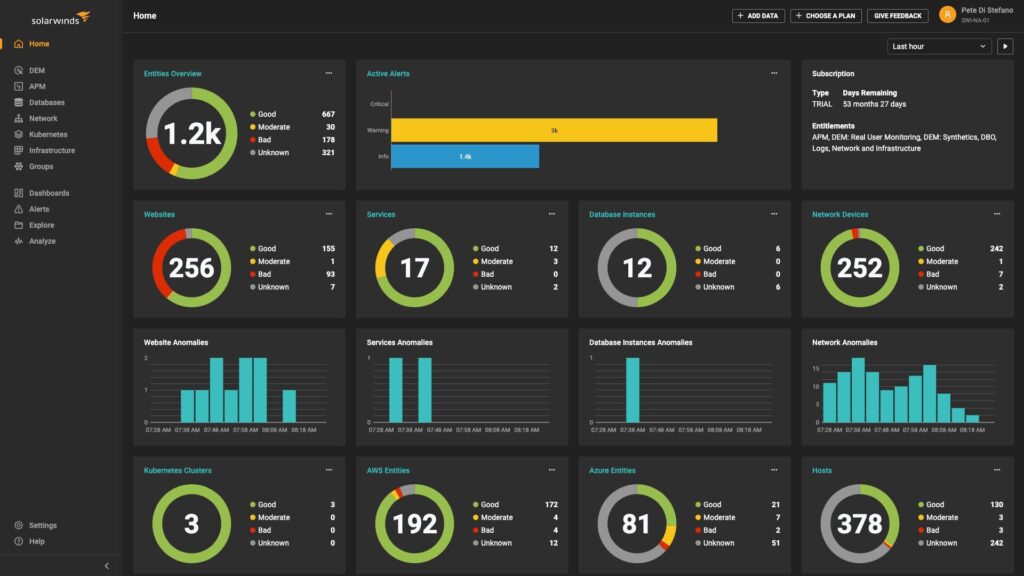Real-Time Performance Monitoring in Athletics
Real-time performance monitoring in athletics leverages advanced technologies, particularly artificial intelligence (AI), to enhance training and competition outcomes. By utilizing connected sensors and devices, athletes can receive immediate feedback on their performance, allowing for data-driven decisions that improve efficiency and effectiveness.
Key Technologies and Devices
-
Performance Sensors: These devices are embedded in equipment or worn by athletes to capture various metrics such as speed, heart rate, and movement patterns. They provide real-time data that can be analyzed to optimize training regimens.
-
Smart Wearables: Wearable technology, including smartwatches and fitness trackers, enables athletes to monitor their physiological parameters continuously. These devices often integrate with mobile applications to provide insights into performance metrics and health indicators.
-
AI-Powered Analytics: AI algorithms analyze the data collected from sensors and wearables to identify patterns, predict performance outcomes, and suggest improvements. This predictive capability allows coaches and athletes to make informed adjustments to training programs in real time.
Benefits of Real-Time Monitoring
-
Immediate Feedback: Athletes receive instant feedback on their performance, enabling them to make quick adjustments during training sessions or competitions. This immediacy helps in correcting techniques and enhancing skills more effectively.
-
Injury Prevention: Continuous monitoring of physical exertion and biomechanical data can help identify signs of fatigue or improper form, reducing the risk of injuries. AI can analyze historical data to predict potential injury risks based on performance trends.
-
Personalized Training: AI-driven analytics allow for the customization of training programs based on individual athlete data. This personalization ensures that each athlete trains according to their specific needs and capabilities, maximizing their potential.
-
Enhanced Decision Making: Coaches can utilize real-time data to make strategic decisions during competitions, such as when to substitute players or adjust tactics based on performance metrics.
Conclusion
The integration of AI and real-time performance monitoring technologies in athletics represents a significant advancement in how athletes train and compete. By utilizing performance sensors and smart wearables, athletes can gain valuable insights that lead to improved performance, reduced injury risks, and personalized training experiences. As technology continues to evolve, the potential for enhancing athletic performance through real-time monitoring will only increase, making it an essential aspect of modern sports training and competition [2][3][5].
Further Reading
1. How to Track AI Performance in Real Time
2. Real-Time AI | DataStax
3. AI & Application Performance Monitoring Opportunities- Stackify
4. AI/ML Observability – Dynatrace Docs
5. The Role of Artificial Intelligence in Application Performance Monitoring


